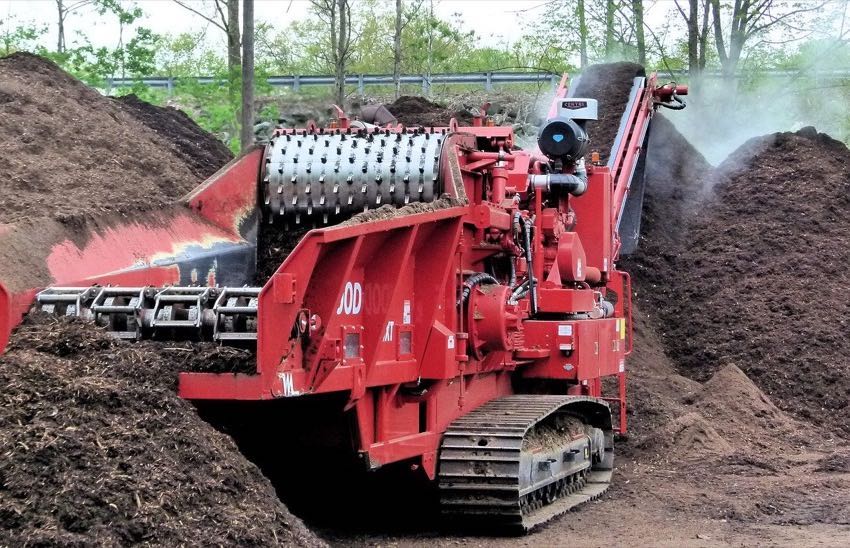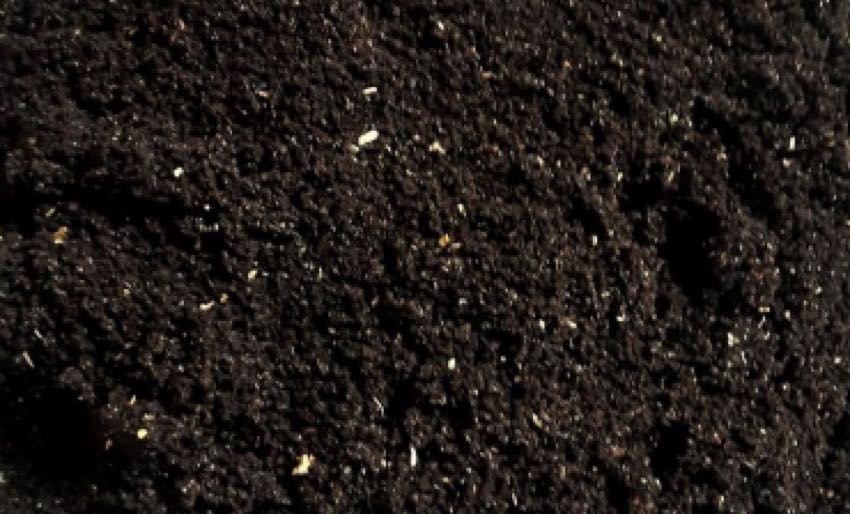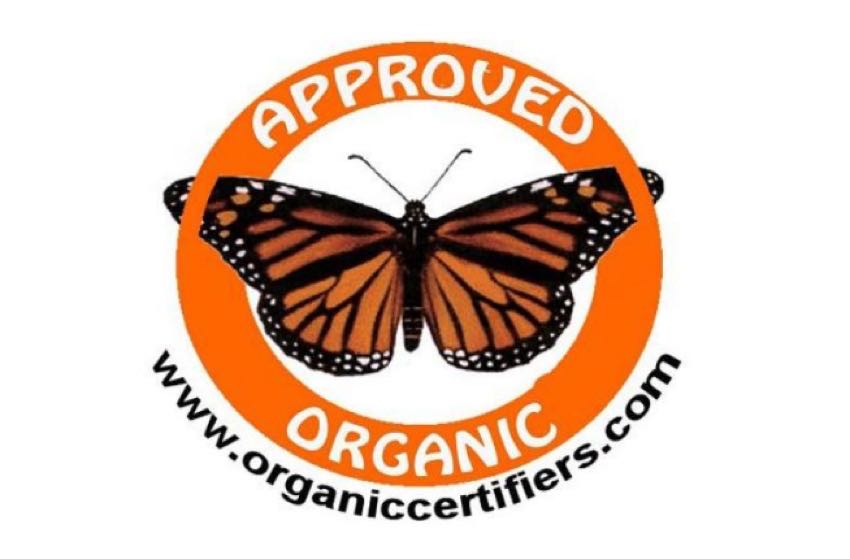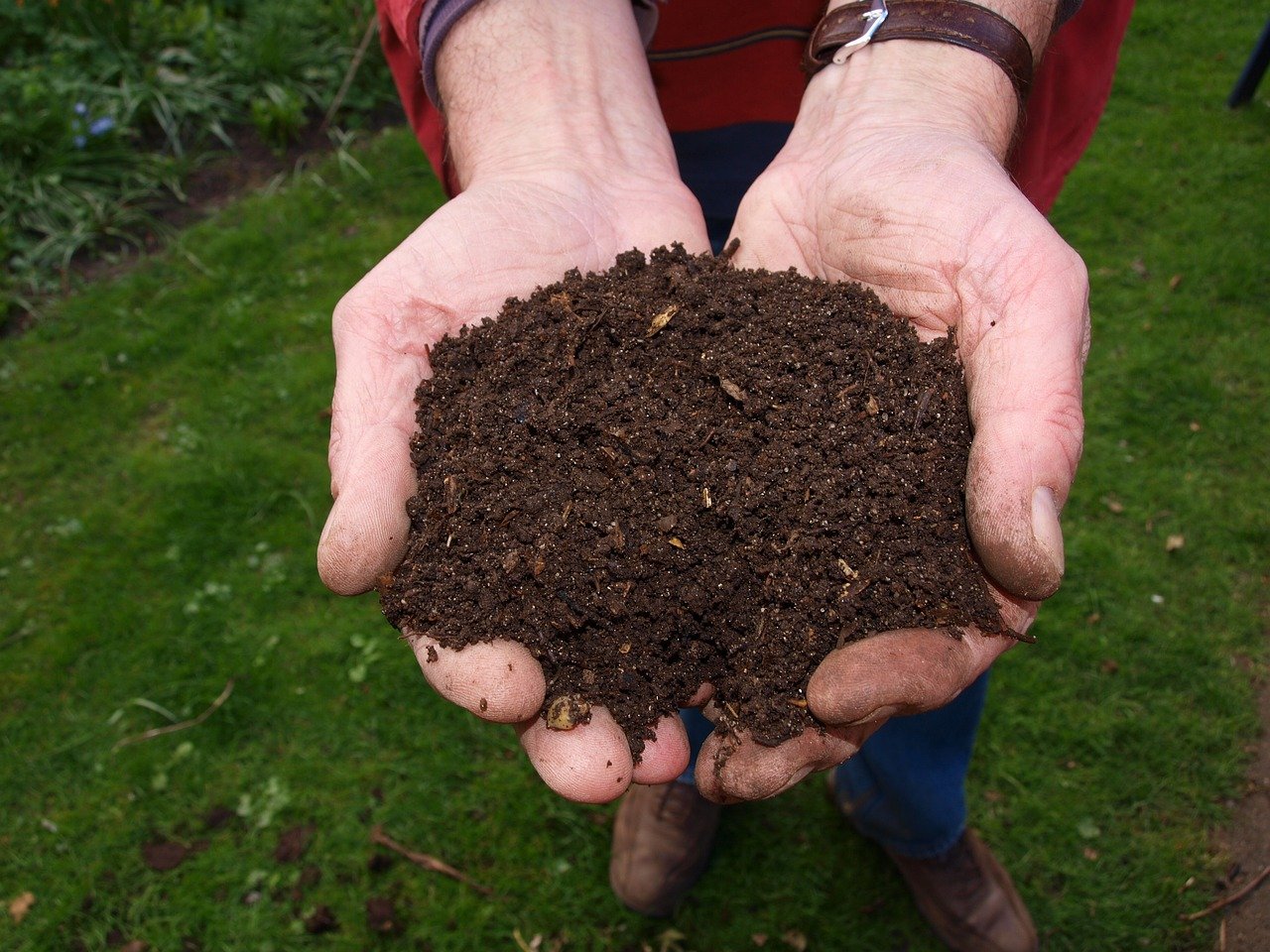Even with how easy it actually is to make your own compost, you might still choose to buy it instead. Maybe you have a gardening project that requires more compost than you can reasonably prepare or keep on hand. Perhaps you only have the occasional small gardening project. Maybe you don’t have the extra yard space, or maybe you just prefer that someone else does the dirty work. Whatever the reason, there are just some times when you’ll have to buy it. And when that happens, we’ve listed some of the things to look for when buying your compost.
Compost Checklist
- Good compost should contain only organic products broken down to dark, moist, and crumbly texture
- It should contain only compost, not fill dirt or soil
- Compost smells good, not like garbage or ammonia or sulfur
- It should come from diverse mix of green and brown waste
- Be wary of composted manure; find a source you can trust
- Should not contain sludge, toxins, inert materials, or a lot of bark
- Check bagged compost ingredients, and keep an eye out for “organic” on the label
Compost Checklist
- Compost should have a dark, crumbly, and moist texture.
- Good compost should smell earthy.
- Compost should be made of some combination of leaves, grass clippings, plant clippings, fruit and vegetable scraps, and (possibly) manure.
There is some cause for wariness when it comes down to manure. You’ll want to steer clear of any manure that comes from carnivores or omnivores, as it can introduce potential disease pathogens to your compost. Herbivore manure is great, at least in theory; you’ll want to make sure that the manure comes from herbivores that haven’t eaten from plants sprayed with persistent herbicides that won’t break down even after a trip through a digestive tract. For this reason, horse manure can be particularly problematic as they’re much more likely to eat from tainted sources.
Compost should not:
- Be so wet that it drips when you squeeze it.
- Smell like garbage or ammonia.
- Contain garbage, like plastics.
- Have an overabundance of recognizable pieces. While you’ll likely recognize some small wood fragments, if you can recognize a lot of the raw materials, it’s not done composting.
- Be mixed with soil, at least not by the supplier.
- Contain peat moss. It doesn’t really add a ton of nutritional value, and counterintuitively, it can dry out and inhibit moisture absorption. Plus, peat isn’t a renewable resource.
- Contain toxic waste, biosolids, or inert ingredients.
- Be made with a lot of tree bark. It doesn’t offer a lot of nutritional value and can stunt plant growth.
Should I Buy Bagged or Bulk Compost?
The answer will more than likely revolve around the size of your project. Buying compost in bulk is just so much cheaper than buying bagged compost that, unless you only need a small amount of compost, answering this question won’t take a whole lot of internal debate.

There’s another benefit to buying compost in bulk: you can actually see, feel, and smell what you’re buying before financially committing.
Buying compost in bulk also gives you the opportunity to run any questions you have by the supplier before you purchase. Where does the supplier source their raw materials from? Which ones do they accept, and what won’t they accept? What are their manufacturing processes?
You can ask for test results from any chemical or biological analysis that has been performed on your supplier’s compost as well. The results will vary from batch to batch, and for this reason, there’s a real strong chance they won’t have bothered with any sort of scientific analysis. But, you don’t know until you ask, and on the off-chance they’ve gone through the effort, you’ll know they care about their product.
Finally, after talking to your supplier, if you feel any uneasiness or have spotted red flags, you have the opportunity to bail on the whole thing before putting your money and the health of your soil at risk.

In any case, as a gardener, your soil and what you put into it will be of the utmost importance. You should do your homework before you go making any decisions regarding the compost you plan to purchase. The U.S. Composting Council has a website that provides a database of members that subscribe to good composting practices. This is a good place to start when it comes to vetting suppliers.
Bagged Compost
Bagged compost presents another option. For smaller gardening jobs, this might be the ticket. It’s more expensive, but it might be the best option for those folks doing gardening off their apartment balconies or in window planter boxes or something.
Bagged compost can be a tricky one, however. You don’t really know what you’re getting until you get home and open the bag. You might get compost that contains any of the myriad problems we discussed earlier.
Many bagged composts contain manure, which is fine in theory, but refer back to our editorial aside for a reminder of why this can potentially be a bad thing.

It never hurts to look for a brand that advertises an “organic” compost. With certified compost, you can feel some degree of confidence that you won’t be buying compost that contains pesticides, herbicides, sewage, or heavy metals.
Ultimately, the checklist laid out in the last section applies here as well. When buying a bagged compost, you want to find a manufacturer that you can trust, just like when buying in bulk. You’ll still want to look for earthy smelling compost that’s made from a variety of organic materials that has a moist and crumbly texture.
With a trusted source of bagged or bulk compost, you can confidently supplement your own compost or replace it altogether.



